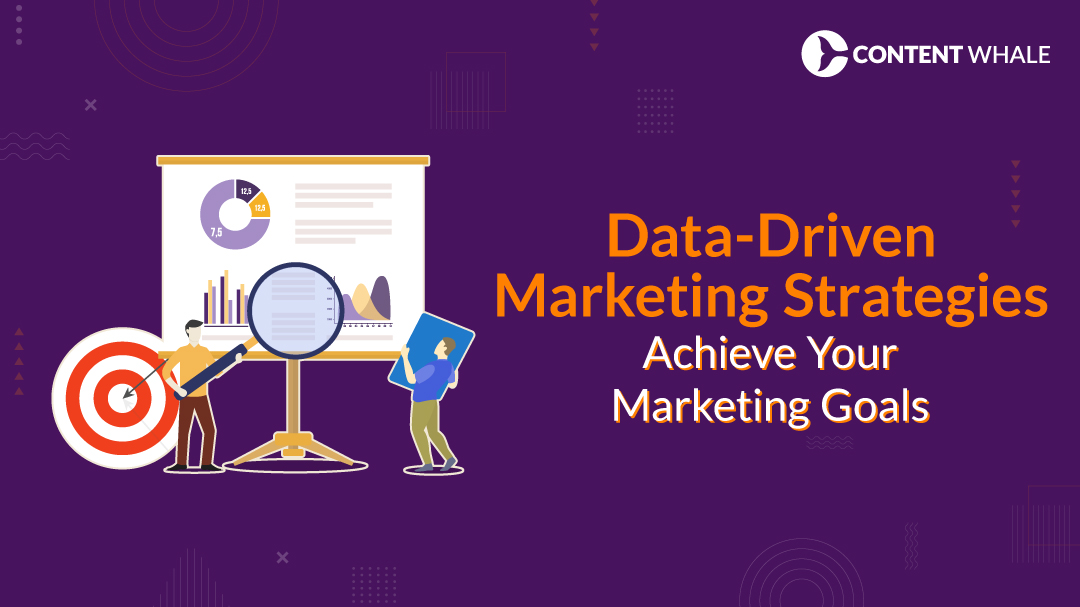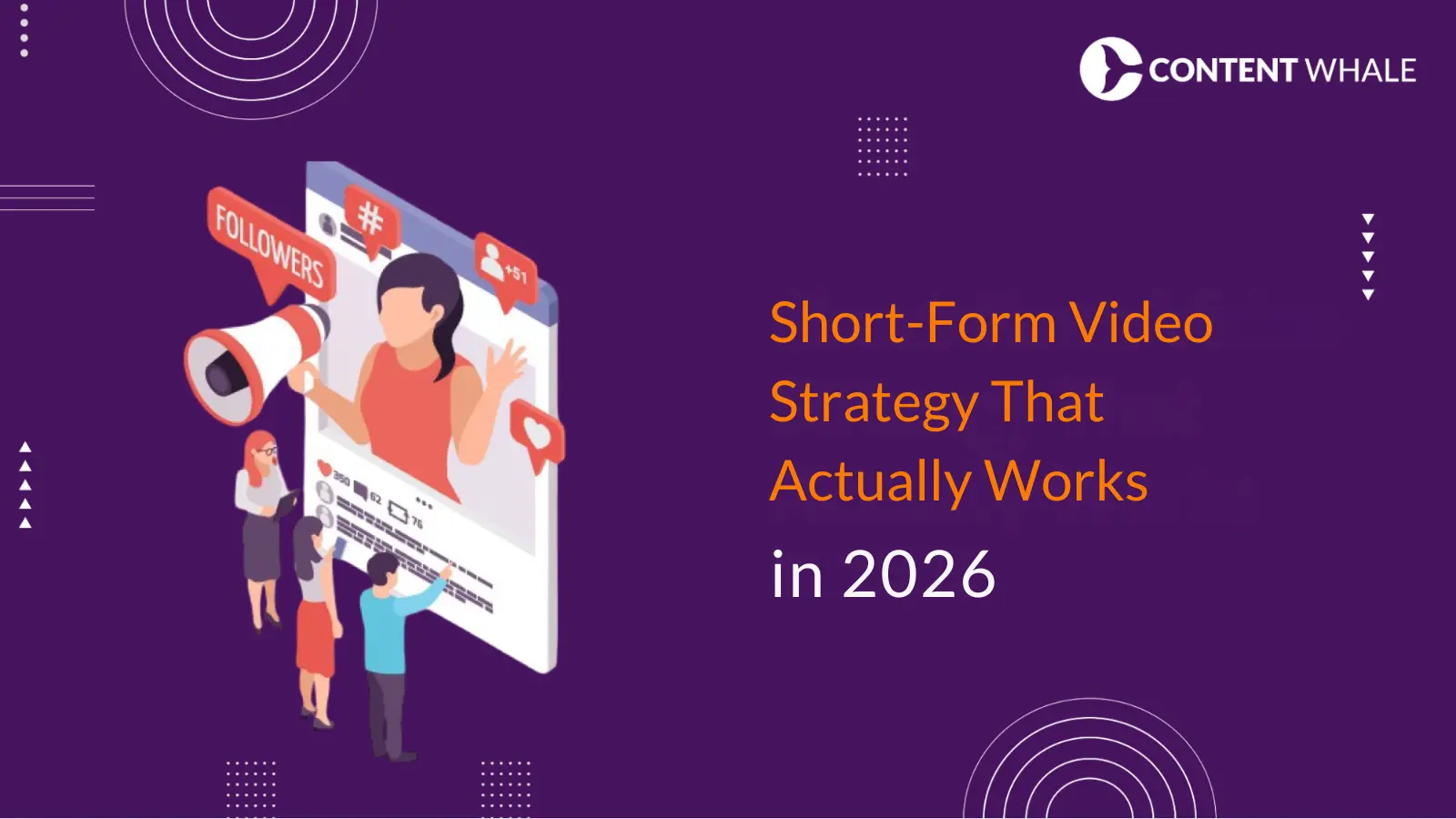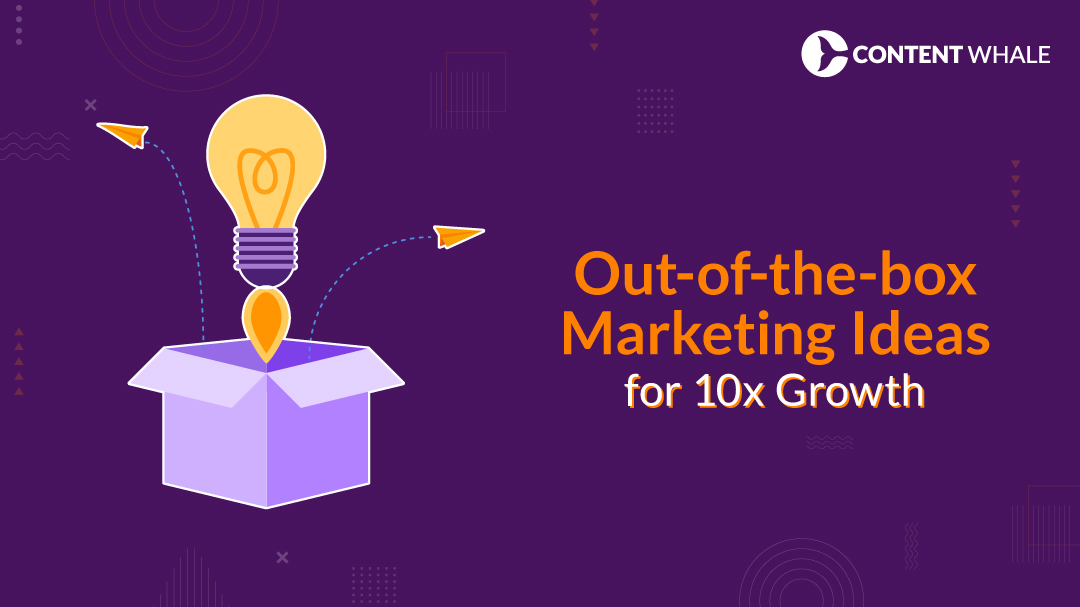From personalizing email marketing campaigns to optimizing website content for better engagement, the use of data-driven marketing tools like Google Analytics and CRM systems is proving indispensable. Real-world successes of these strategies are evident in companies like Amazon and Netflix, who use customer data to customize recommendations, enhancing user experience and satisfaction.
For those looking to incorporate data-driven marketing strategies in digital marketing, understanding current tools, trends, and examples can provide a robust framework for enhancing their marketing initiatives, ultimately driving better business outcomes.
What is Data-Driven Marketing?
Data-driven marketing strategies involve the use of analytics to enhance and streamline marketing efforts. Unlike traditional approaches that depend on broad targeting and intuition, this method applies scientific analysis to determine what truly engages customers.
1. Key Differences from Traditional Marketing
Traditional marketing often relies on assumptions, but data-driven methods use concrete data to make informed decisions. This shift from intuition to evidence-based strategies marks a significant evolution in how marketing campaigns are developed and executed.
2. Benefits of Data-Driven Marketing
- Enhanced Targeting and Personalization: By understanding customer behaviors and preferences, businesses can tailor their communications to meet the unique needs of different audience segments.
- Increased Customer Engagement and Loyalty: Personalized marketing boosts customer experience, fostering deeper engagement and promoting loyalty.
- Higher Return on Investment: Efficient resource allocation and informed decision-making lead to reduced waste and increased profitability.
- Improved Decision-Making: With robust data at their fingertips, businesses can make strategic decisions that are backed by evidence, enhancing overall business performance.
Embracing data-driven marketing strategies transforms traditional approaches and significantly impacts business outcomes. This guide will walk you through the implementation of these strategies, enabling your business to make every customer interaction more effective and every marketing decision more impactful.
Data-Driven Marketing Strategies in Digital Marketing
1. Collecting and Analyzing Customer Data
Successful data-driven marketing strategies begin with robust data collection. Key sources include:
- Website Analytics: Track user behavior, traffic, and conversions to understand online interactions.
- Social Media Analytics: Monitor engagement and demographics to tailor social content effectively.
- Email Marketing Analytics: Assess open rates and click-throughs to refine email campaigns.
- CRM Data: Use customer relationship management systems to segment audiences based on detailed insights.
2. Applying Data to Enhance Marketing Efforts
Once data is collected, the next step involves applying insights to optimize marketing strategies:
- Audience Segmentation: Divide your audience into groups based on behavior and preferences for targeted messaging.
- Personalization: Customize content and offers to meet the unique needs of each segment.
- Campaign Optimization: Adjust marketing efforts in real-time based on data to maximize effectiveness.
- Performance Measurement: Continuously track the success of campaigns to improve future strategies.
3. Benefits and Tools
Employing data-driven marketing tools such as Google Analytics and CRM platforms like Salesforce enhances decision-making and operational efficiency, driving substantial improvements in marketing outcomes. These tools provide the necessary data to execute highly effective personalized marketing, which is a key advantage of data-driven marketing.
Through the strategic use of data-driven marketing strategies in digital marketing, businesses can achieve significant improvements in ROI, customer engagement, and overall marketing success. These strategies allow companies to make informed decisions that lead to more successful and resonant marketing efforts.
Data-Driven Marketing Examples
1. Amazon’s Customized Recommendations
Amazon leverages data-driven marketing strategies to offer personalized product suggestions. By analyzing past purchases and browsing behaviors, Amazon crafts unique experiences that encourage further engagement and sales.
2. Netflix’s Content Suggestions
Netflix uses sophisticated algorithms to recommend movies and series based on viewing history. This data-driven approach ensures users find content they love, increasing satisfaction and subscription retention.
3. Starbucks’ Personalized Offers
Starbucks integrates purchase history data to deliver tailored offers through its app, enhancing customer loyalty. Their strategy exemplifies data-driven marketing examples in action, leading to increased store visits and sales.
4. Spotify’s Custom Playlists
Spotify’s playlists are a result of analyzing listening habits. This personalization keeps users engaged by continuously adapting to their musical tastes, a core principle of data-driven marketing strategies.
5. Nike’s Targeted Advertising
Nike uses data to identify and target specific demographics with ads tailored to their preferences and activities. This strategic use of data-driven marketing tools like social media and mobile apps resonates well with their audience, driving both online and in-store sales.
These examples illustrate how data-driven marketing strategies in digital marketing are applied in real-world scenarios, driving business success across various industries. Each case shows effective personalization and targeting, key benefits of data-driven marketing that lead to higher customer engagement and improved ROI.
Data-Driven Marketing Tools
1. Google Analytics: Mastering Web Insights
Google Analytics is indispensable for tracking website activity, from traffic sources to user behavior. It exemplifies how data-driven marketing tools optimize the digital experience and boost engagement by providing actionable insights.
2. CRM Software: Salesforce and HubSpot
CRM systems like Salesforce and HubSpot centralize customer information, making segmentation and personalized marketing more efficient. These tools are vital in executing data-driven marketing strategies, allowing for detailed analysis and better customer relationship management.
3. Email Marketing Platforms: Mailchimp and Constant Contact
Platforms like Mailchimp and Constant Contact enhance email marketing strategies through data analytics. They track open rates, click-through rates, and overall engagement, helping marketers refine their approach based on solid data.
4. Social Media Tools: Hootsuite and Buffer
Tools such as Hootsuite and Buffer provide comprehensive analytics for social media management. They help track engagement, analyze trends, and optimize content delivery across various platforms, crucial for data-driven marketing strategies in digital marketing.
5. Marketing Automation: Marketo and Pardot
Marketo and Pardot automate repetitive tasks and streamline campaign management. They gather data on user interactions, enabling marketers to craft personalized messages and manage leads more effectively.
Utilizing these tools can transform a company’s marketing efforts, making them more data-driven and efficient. Each tool offers unique benefits that can enhance the effectiveness of marketing strategies, underscoring the benefits of data-driven marketing.
Data-Driven Marketing Statistics
1. Effectiveness and ROI
Research shows a strong correlation between data-driven marketing and high ROI. According to Forbes, companies using data-driven marketing strategies are six times more likely to be profitable year-over-year. This highlights the significant financial benefits of leveraging data in marketing efforts.
2. Increased Personalization and Engagement
Statistically, 78% of consumers are more likely to engage with brands that offer personalized experiences. This figure underscores the effectiveness of data-driven marketing tools in understanding and catering to customer preferences, which is crucial for maintaining competitive advantage.
3. Adoption and Investment Rates
Marketing leaders are investing more in data-driven approaches. As per recent findings, 87% of marketers report that data-driven marketing has notably increased their ROI. Additionally, the adoption of advanced analytics and customer data platforms continues to rise, facilitating more sophisticated marketing strategies.
4. Challenges and Opportunities
Despite the advantages, 77% of organizations face data quality challenges, which can hinder the effectiveness of their data-driven marketing strategies. Addressing these issues is vital for businesses to fully capitalize on the benefits of data-driven approaches.
These statistics not only validate the impact of data-driven marketing strategies in digital marketing but also highlight the ongoing need for improvements in data quality and application techniques. This data-centric approach is proving essential for businesses aiming to thrive in a highly competitive market environment.
Recap of Data-Driven Marketing Benefits
Adopting data-driven marketing strategies offers businesses a pathway to enhanced precision in targeting and personalization. These strategies boost customer engagement and increase the efficiency of marketing spend, leading to better ROI.
Encouragement to Embrace Data-Driven Approaches
Businesses are encouraged to adopt a data-centric approach to their marketing efforts. The benefits, supported by compelling data-driven marketing statistics, demonstrate the clear advantage of using analytics to inform marketing decisions.
Investing in the Right Tools
For optimal results, investing in the right data-driven marketing tools is essential. Tools like Google Analytics, CRM systems, and automated marketing platforms can dramatically enhance the effectiveness of marketing campaigns.
Continual Learning and Adaptation
Data-driven marketing is an ongoing journey that requires continuous learning and adaptation. Businesses must stay updated with the latest trends, tools, and techniques to remain competitive in the digital age.
By understanding and leveraging the power of data, companies can ensure their marketing strategies are not only relevant but also highly effective in today’s fast-paced market environment.
What are the biggest challenges in implementing data-driven marketing?
The main hurdles include collecting high-quality data, integrating technology, and securing skilled personnel. Addressing these challenges is vital for leveraging data-driven marketing strategies effectively.
How can I get started with data-driven marketing if I have limited resources?
Start by utilizing free or low-cost tools like Google Analytics to understand customer behaviors. Focus on small-scale tests to see what works and gradually expand your efforts as you see success.
What are some ethical considerations when collecting and using customer data?
It’s crucial to prioritize customer privacy and comply with data protection laws like GDPR and CCPA. Always obtain consent before collecting data, and be transparent about how you will use it.
What skills do I need to succeed in data-driven marketing?
Key skills include analytical thinking, proficiency in marketing analytics tools, understanding of databases, and knowledge of data protection regulations. Continual learning and upskilling are essential.
Is data-driven marketing only relevant for online businesses?
No, data-driven marketing benefits all types of businesses. While it is often associated with digital marketing, offline businesses can also use data to improve customer interactions and optimize marketing strategies.





